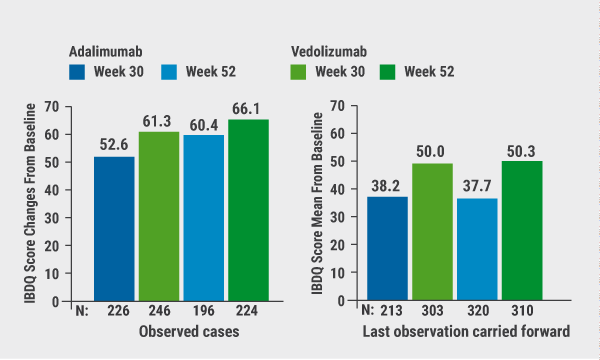NF-κB is a protein complex that controls transcription of DNA, cytokine production, and cell survival. In the study, the NF-κB suppressive effects of culture supernatants from 23 different isolates were tested on colonic epithelial cell lines. Suppressive culture supernatants were also tested on human-derived colonic organoids from inflammatory bowel disease (IBD) patients and healthy controls, and IL-8 expression was measured. Furthermore, culture supernatants from one specific NF-κB-suppressive Clostridium strain (AHG0001) was also tested in a spontaneous colitis mouse model in vivo.
Culture supernatants from 5 of 23 screened isolates significantly suppressed NF-κB activation. The selected culture supernatants also suppressed IL-8 secretion in peripheral blood mononuclear cells and gut organoids from both UC and CD patients, as well as healthy controls, with notable individual variation. Culture supernatants from AHG0001 reduced disease activity, improved histologic inflammation, and reduced the pro-inflammatory gene expression in the colitis mouse model. The authors concluded that their in vivo and ex vivo testing using a spontaneous colitis model and patient-derived organoids demonstrates the potential of bacterial-based therapeutics.
- Giri R, et al. ECCO-IBD 2020, OP36.
Posted on
Previous Article
« ECCO 2020 Highlights Podcast Next Article
Impact of biologicals on faecal microbiota »
« ECCO 2020 Highlights Podcast Next Article
Impact of biologicals on faecal microbiota »
Table of Contents: ECCO 2020
Featured articles
Gut Microbiome as Treatment Target
Response to faecal microbiota transplantation in UC
Bioactives produced by gut bacteria to modulate immune response
Big Data Analysis
Multi-omics help describe CD phenotypes
The positive impact of genetic data on drug development
Experimental Therapies: Study Results
AMT-101: an oral human IL-10 fusion protein
Phase 2 results of first-in-class TL1A inhibitor
Open-label extension study of risankizumab: final results
Clinical remission after dose escalation of upadacitinib
Short- and Long-Term Treatment Results
Infliximab discontinuation increases relapse risk
Tofacitinib ‘real-world’ effectiveness in active UC
Subcutaneous ustekinumab as maintenance therapy in UC
Subcutaneous vedolizumab maintenance therapy in CD
Vedolizumab treatment persistence and safety
Specific Therapeutic Strategies
Impact of strategies on intestinal resection rate
Early ileocaecal resection in CD patients failing conventional treatment
Biologics before surgery in IBD do not elevate infection risk
Top-down infliximab superior to step-up in children with CD
High versus standard adalimumab in active UC
Head-to-Head Comparison of Treatments
Vedolizumab and anti-TNF therapies: a real-world comparison
Cancer Risk
Increased risk of small bowel cancer in IBD
Increased incidence of colorectal cancer and death in CD
Risk of rectal, anal cancer increased in perianal CD
Glyco-fingerprint as risk factor of UC-associated cancer
Miscellaneous Topics
Resolution of mucosal inflammation has dramatic effect
PICaSSO validated in real-life study
Re-inducing inflammation in organoids from UC patients
Role of immune cells in intestinal fibrosis
Association between meat consumption and IBD risk
CD exclusion diet corrects dysbiosis
Related Articles

April 14, 2020
Effects of vedolizumab versus adalimumab on QoL
April 14, 2020
Vedolizumab treatment persistence and safety
© 2024 Medicom Medical Publishers. All rights reserved. Terms and Conditions | Privacy Policy
HEAD OFFICE
Laarderhoogtweg 25
1101 EB Amsterdam
The Netherlands
T: +31 85 4012 560
E: publishers@medicom-publishers.com

